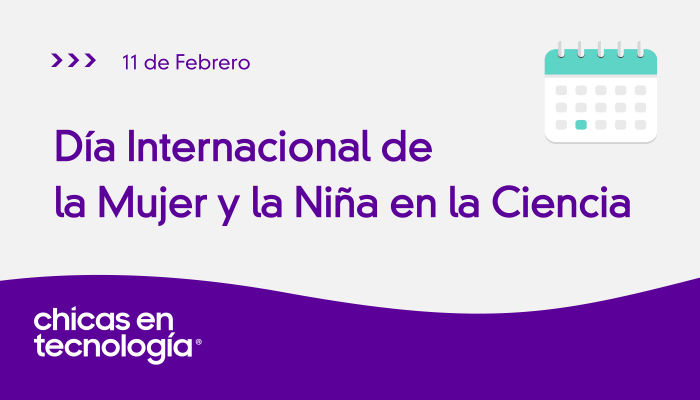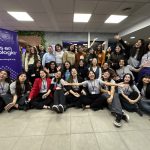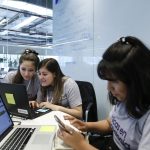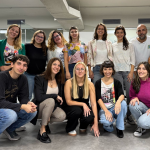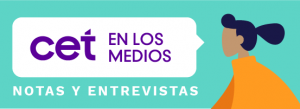Mentoring programs at STEM: exchange and learning to overcome barriers
International Day of Women and Girls in Science
Incorporating the perspective of girls and women so that science answers the needs of the entire population.
Counting on the talent, innovation, and experiences of people who identify as female to address the challenges that affect societies.”
Those are some of the premises made visible by the International Day of Women and Girls in Science, declared by the United Nations to acknowledge every February 11 the key role that diverse women and girls have in science and technology.
In a dynamic world where technology fosters new debates, challenges, and transformation, there is an increasingly higher need for building inclusive scientific and technological ecosystems. The gender gap shows a lack of equal opportunities in these areas: of every three people who work on scientific and engineering research, only one is a woman, and they account for only 22% of the professionals who work in the Artificial Intelligence field, according to data from the United Nations. In addition, they are a minority in technical and leadership positions in technology companies. Data from the last Chicas en Tecnología’s research, “An Unequal Career: The Gender Gap in the University System of Argentina,” shows that women represent only 34% of the student body in STEM disciplines and 17% of the student body in programming. They have the right to be the protagonists of the design of technological solutions and scientific development and this is a need for the development of economies and societies.
Encouraging girls and women to participate in scientific and technological disciplines, as well as bringing them closer to women who are growing professionally in these careers, is key for them to consider these disciplines for their future. The Mentoring Program of Chicas en Tecnología focuses on building those possible academic and professional careers and 50 young girls from the region already participated in it.
Exchange and learning experience
Mentoring is a support system to overcome the challenges that may arise during professional and academic growth. Particularly, women have to face barriers to manage to join, remain, and grow in the STEM disciplines (science, technology, engineering, and mathematics).
Family and social stereotypes contribute to women associating these disciplines with male roles. Moreover, there are psychological, socialization, and pedagogical factors that lead girls and young women to underestimate their skills in STEM disciplines. School-age boys and girls are given a differential education based on their gender, as well as stimuli to get them interested in those areas. This is added to a lack of role models for girls and young women since there are few women in influential or decision-making roles. As they progress in their careers, students of STEM disciplines have to deal with gender-biased expectations related to professional roles, and the cultural stereotypes that depict scientists, engineers, and ideal innovators as men persist. The Mentoring Program aims at making the young women of the CET Community grow in these areas, boost their skills, and contribute their perspectives to the ecosystem. The experience provides them with assistance and support and encourages and guides them in the performance of their careers.
The mentoring program consists in matching female leaders from the technological ecosystem with members of the CET Community. The mentoring experience is a direct testimony to the fact that people who identify as female can also take decision-making roles and grow in the careers that shape the present and the future. CET Community participants are aged 16 to 24 and they are going through stages of growth and planning of their next academic and professional steps or are developing their organizational, communicative, and interpersonal relationship skills.
As part of the program, the young women participated in a thorough process of individual interviews to know their profiles, goals, and expectations. The same process was conducted on the mentors, professional women from NCR, to determine the best matches based on their interests, experiences, and knowledge.
Personal challenges, project development, and possible academic and professional careers were the main topics addressed during the virtual mentoring sessions where the duos worked together. The mentees suggested the main goals of the process and set up an action plan along with the mentors.
Learn about the experience of young women of the #CETCommunity and their mentors.
+ Read more about the CET Community on this link

